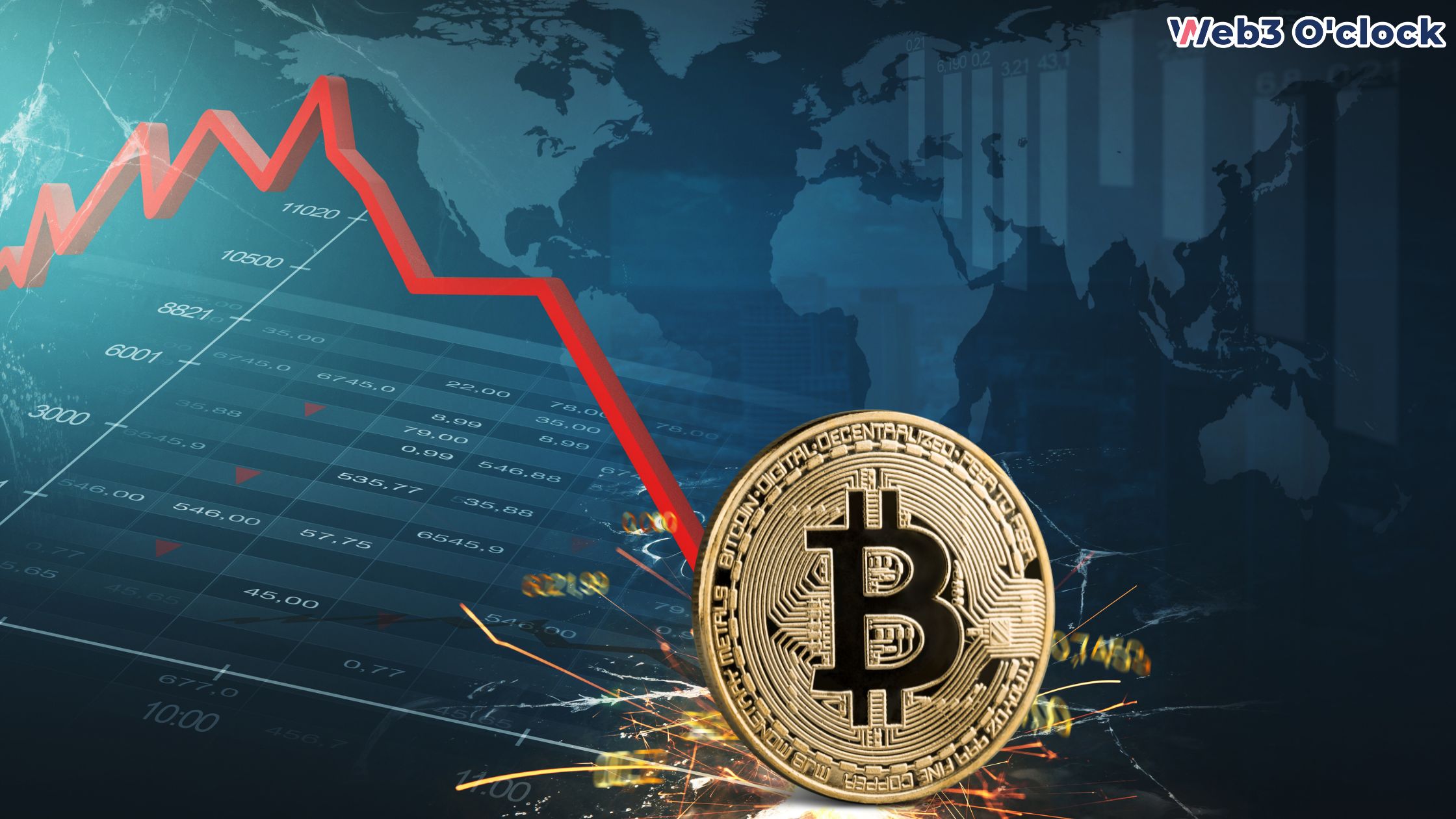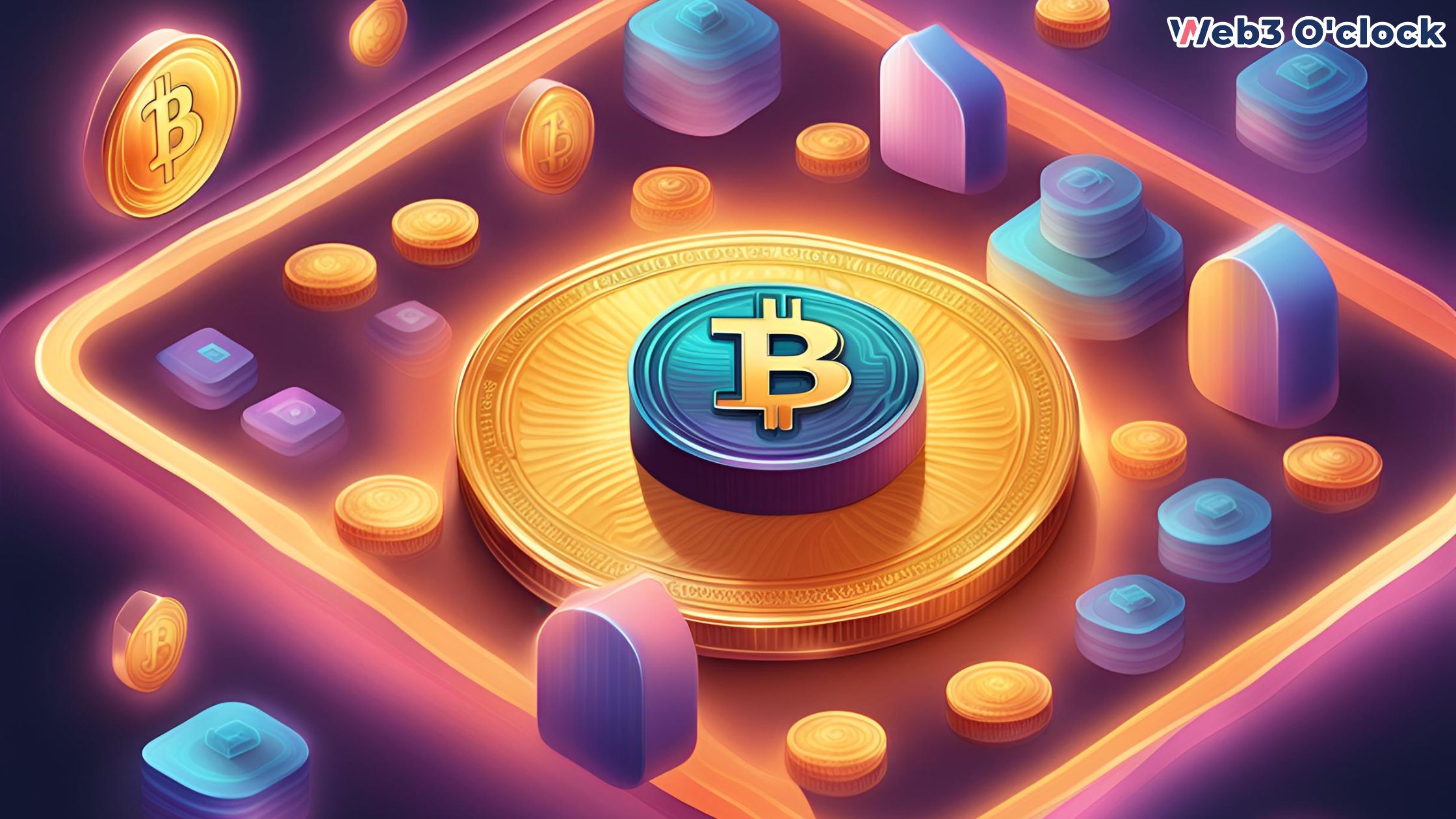In the fast-paced world of cryptocurrency, innovations can bring about both excitement and opportunistic attempts at scams. PayPal’s recent launch of its stablecoin, PYUSD, has led to a wave of fake tokens attempting to cash in on the buzz. In this article, we’ll dive into what stablecoins are, the real PYUSD, and the surge of imposter tokens that followed the announcement.
What are Stablecoins and PYUSD?
Stablecoins are a type of cryptocurrency designed to maintain a stable value by pegging their worth to a reserve asset, like a fiat currency or a commodity. PayPal’s PYUSD, for instance, is backed by the US Dollar, ensuring its value remains relatively consistent. This characteristic makes stablecoins like PYUSD useful for transactions and hedging against market volatility.
The real PYUSD was introduced by PayPal in November 2022. It can be verified using a specific contract address, offering users a secure and legitimate way to engage with digital transactions. PayPal stated that this stablecoin could only be transferred between verified PayPal accounts and compatible wallets, reducing the risk of fraud and unauthorized transactions.
The Rise of Imposter PYUSD Tokens
As the excitement surrounding PayPal’s PYUSD announcement spread, opportunists emerged, attempting to capitalize on the enthusiasm with their own knock-off tokens. Nearly 30 counterfeit tokens with the “PYUSD” ticker surfaced across different blockchain networks, including BNB Smart Chain, Ethereum, and Coinbase’s layer 2 solution, Base.
Despite their similar names, it’s essential to note that these imposter tokens are not affiliated with PayPal’s official offering. The real PYUSD was designed for secure transactions within PayPal’s ecosystem, and its tokens cannot be found on decentralized exchanges like UniSwap.
The Allure and Risks of Imposter Tokens
One of the most notable imposter tokens emerged on the Ethereum network, generating a trading volume of $2.6 million shortly after PayPal’s stablecoin announcement. This token’s price experienced a dramatic surge of over 30,000% within the first eight hours before plunging by more than 66% from its peak.
Some imposter tokens even embraced humor in their names, like “PepeYieldUnibotSatoshiDoge.” Such tokens experienced rapid price increases, drawing in curious investors. However, many of these fake tokens are likely “honeypots.” Investors who purchase these tokens may find themselves unable to sell, effectively losing their invested crypto.
The Dangers of Impulse Investing
Imposter tokens highlight the importance of conducting thorough research before investing in any cryptocurrency. While the allure of quick gains can be tempting, investors should be cautious and avoid rushing into investments based solely on trending stories or memes.
Investors who lack the skills to audit smart contracts may find themselves falling victim to scams. Without proper verification, it’s challenging to distinguish between legitimate tokens and imposter tokens. This underscores the necessity of seeking out reliable information sources and consulting experts in the field before making any investment decisions.
Conclusion
PayPal‘s PYUSD stablecoin launch sparked not only excitement but also a wave of imposter tokens seeking to profit from the hype. As the crypto world continues to evolve, investors must exercise caution and diligence. Educating oneself about the fundamentals of cryptocurrencies, conducting thorough research, and seeking guidance from trustworthy sources are essential steps for safely navigating this dynamic and often unpredictable landscape. Remember, while the allure of quick gains is tempting, it’s crucial to make informed decisions to avoid falling victim to potential scams and financial losses.
FAQs
Why are there imposter tokens related to PYUSD?
Following the announcement of PayPal’s stablecoin, opportunistic individuals created imposter tokens with similar names like “PYUSD.” These fake tokens attempt to capitalize on the hype surrounding PYUSD’s launch, but they are not affiliated with PayPal’s official offering.
Can I trade or buy PYUSD on decentralized exchanges like UniSwap?
No, the real PYUSD can only be sent between verified PayPal accounts and compatible wallets. It is not available for trading on decentralized exchanges like UniSwap. If you encounter a token with the “PYUSD” ticker on such exchanges, it’s likely an imposter token.
What are the risks associated with imposter tokens?
Imposter tokens, often referred to as “honeypots,” can deceive investors into buying them. Once purchased, these tokens might not be sellable, resulting in a loss of invested crypto. It’s crucial to verify the legitimacy of any token before investing and to avoid impulsively investing based on trends.
How can I protect myself from falling victim to imposter token scams?
What precautions should I take before investing in any cryptocurrency? A: Before investing, conduct a thorough research about the token, its issuing platform, and its legitimacy. Seek information from trusted sources, consult experts if needed, and verify contract addresses or official announcements.











